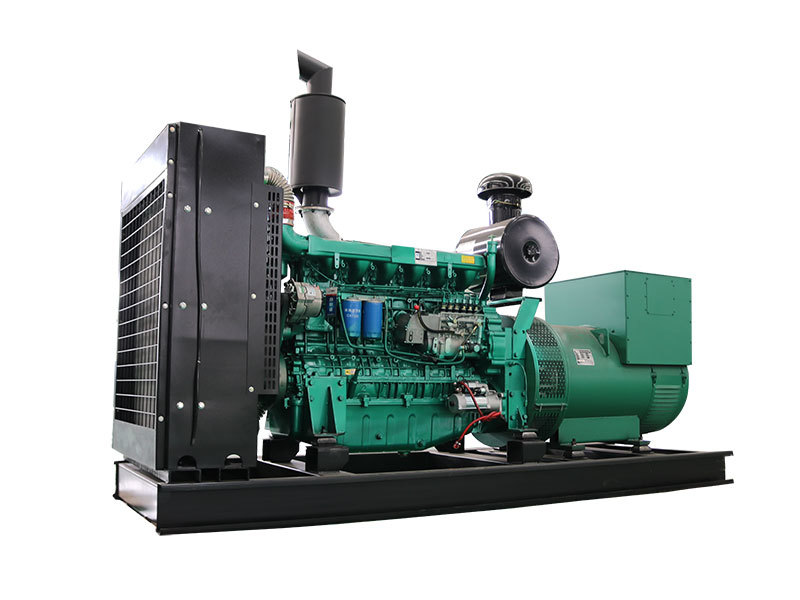First Section: Understanding Your Power Needs
To be honest, choosing the right size natural gas generator is not a one-size-fits-all task. It all starts with understanding your power needs. How much power do you need to keep your home or business running during an outage? Frankly speaking, this is the most crucial step in the process.
Subsection 1: Calculating Your Power Requirements
To calculate your power requirements, you'll need to make a list of all the appliances and devices you want to run during an outage. Then, find out how much power each one consumes. You can usually find this information on the device itself or in the user manual. Add up the wattage of all the devices to get your total power requirement.
Second Section: Factoring in Fuel Efficiency
Once you know your power needs, the next consideration is fuel efficiency. Natural gas generators are known for their fuel efficiency, but not all models are created equal. Some are more efficient than others, and this can make a big difference in your long-term costs.
Subsection 1: Comparing Fuel Efficiency Ratings
When comparing natural gas generators, look for the fuel efficiency rating. This is usually expressed as a percentage and tells you how much of the fuel is converted into electricity. The higher the rating, the more efficient the generator.
Subsection 2: Considering Your Natural Gas Supply
Another factor to consider is your natural gas supply. If you have a limited supply, you'll want to choose a generator that uses fuel efficiently. On the other hand, if you have an abundant supply, fuel efficiency may not be as much of a concern.
Third Section: Installation Considerations
Finally, you'll need to think about installation considerations. This includes the size and location of the generator, as well as any permits or codes that may be required.
Subsection 1: Choosing the Right Size Generator
When it comes to size, it's important to choose a generator that's large enough to meet your power needs but not so large that it's overkill. A generator that's too large will be more expensive to purchase and operate, while a generator that's too small won't provide enough power.
Subsection 2: Choosing the Right Location
The location of your generator is also important. It should be installed in a well-ventilated area to prevent the buildup of carbon monoxide. Additionally, it should be located close to your natural gas supply and electrical panel.
Subsection 3: Obtaining Permits and Meeting Codes
Before installing your natural gas generator, be sure to check with your local building department to see if any permits are required. You'll also need to ensure that your generator meets all local codes and regulations.
Fourth Section: Making Your Decision
Now that you know the factors to consider when choosing a natural gas generator, it's time to make your decision. Take your time, do your research, and choose a generator that meets your needs and budget. Remember, a natural gas generator is an investment in your home or business, and it's worth taking the time to choose the right one.
Subsection 1: Consulting with a Professional
If you're still not sure which generator is right for you, consider consulting with a professional. A generator installer or electrician can help you assess your power needs, recommend the right size generator, and ensure that it's installed safely and correctly.
Subsection 2: Shopping Around
Don't be afraid to shop around for the best deal. Compare prices and features from different manufacturers and retailers. Look for generators that come with a warranty, as this can provide peace of mind and protection against defects or malfunctions.
Subsection 3: Reading Reviews
Finally, be sure to read reviews from other customers before making your decision. Look for generators that have high ratings and positive feedback from users who have similar power needs to yours. This can help you make an informed decision and choose a generator that will meet your needs and expectations.
Conclusion
In conclusion, choosing the right size natural gas generator requires careful consideration of your power needs, fuel efficiency, and installation considerations. By following the tips outlined in this article, you can find a generator that meets your needs, budget, and preferences. Remember to consult with a professional, shop around, and read reviews to ensure that you make the best decision for your home or business.





